- Thyroid Care
- Armodafinil
- HIV Medicines
- Weight Loss
- Naltrexone
- Anti Emetic
- Neuropathic Pain
- Mens Health
- Hair Loss
- Pain Relief
- HCG Injections
- Quit Smoking
- Pharmaceutical Vaccine
- Best Selling Products
- Anti Viral
- Bimatoprost
- Antibiotics
- Women's Health
- Cetaphil
- Botulinum
- Diabetes
- Human Albumin
- Anti Malarial
- Dermal fillers
- Chemical Peels
- Nephrology Segment
- Kidney / Liver Care
- Anti Cancer
- Altus Product's
- Pharmaceutical Products
- Anti Fungal
- Hepatitis
- Beauty & Skin Care
- Asthma
- Modafinil
- Urology Segment
- Anti-Cancer
- Armodafinil
- Bimatoprost
- Botulinum
- Dermal Fillers
- Hepatitis
- Mens-health
- Modafinil
- Naltrexone
- ANTI EMETIC
- Altus Product’s
- Anti Fungal
- Anti Malarial
- Anti Viral
- Antibiotics
- Asthma
- Beauty & Skin Care
- Cetaphil
- Chemical Peels
- Diabetes
- Hair Loss
- HCG Injections
- HIV Medicines
- Human Albumin
- Kidney / Liver Care
- Neuropathic Pain
- Pain Relief
- Pharmaceutical Products
- Pharmaceutical Vaccine
- Quit Smoking
- Thyroid Care
- Weight Loss
- Women’s Health
- Thyroid Care
- Armodafinil
- HIV Medicines
- Weight Loss
- Naltrexone
- Anti Emetic
- Neuropathic Pain
- Mens Health
- Hair Loss
- Pain Relief
- HCG Injections
- Quit Smoking
- Pharmaceutical Vaccine
- Best Selling Products
- Anti Viral
- Bimatoprost
- Antibiotics
- Women's Health
- Cetaphil
- Botulinum
- Diabetes
- Human Albumin
- Anti Malarial
- Dermal fillers
- Chemical Peels
- Nephrology Segment
- Kidney / Liver Care
- Anti Cancer
- Altus Product's
- Pharmaceutical Products
- Anti Fungal
- Hepatitis
- Beauty & Skin Care
- Asthma
- Modafinil
- Urology Segment
No products in the cart.
Return To Shop$66.23 – $454.55Price range: $66.23 through $454.55
Eptus 50 Tablet (Eplerenone 50mg) is a medicine known as a diuretic (water pill). It is mainly used in the treatment of heart failure and high blood pressure. It is also used to reduce swelling (edema) caused by some other conditions.
Have questions?
Call : +91 9002 1002 33
Eptus 50 Tablet (Eplerenone 50mg)
| COUNTRY OF ORIGIN | India |
|---|---|
| DOSAGE FORM | Tablets |
| EQUIVALENT BRAND | Inspra |
| GENERIC NAME | Eplerenone |
| INDICATION | High blood pressure |
| MANUFACTURER | Glenmark Pharmaceuticals Ltd |
| PACKAGING | 10 tablets in 1 strip |
| COMPOSITION | Eplerenone (50mg) |
| PACK SIZE | 50 Tablet/s, 100 Tablet/s, 200 Tablet/s, 300 Tablet/s, 500 Tablet/s |
PRODUCT INTRODUCTION
Eptus 50 Tablet is a medicine known as a diuretic (water pill). It is mainly used in the treatment of heart-failure and high blood pressure. It is also used to reduce swelling (edema) caused by some other conditions.
Eptus 50 Tablet can be taken with or without food, but you should take it, in the same way, each time to get the most benefit. Taking it with food can reduce some side effects and taking it early in the day can prevent you from having to get up at night to go to the toilet. You should keep using this medicine as it has been prescribed, even if you feel well. If you stop taking it, your condition may get worse. If you are being treated for high blood pressure, lifestyle changes such as taking regular exercise and changes to your diet may increase the effectiveness of this medicine.
The common side effects include nausea, dizziness, diarrhea, headache, and cough. If these bother you or appear serious, let your doctor know. There may be ways of reducing or preventing them. Drinking alcohol can increase certain side effects.
You should be careful about using Eptus 50 Tablet if you have kidney problems or are unable to urinate. Before taking it, tell your doctor if you have ever had kidney, liver, or heart disease or you are pregnant. Also let your healthcare team know about all other medications you are using as they may affect, or be affected by this medicine. This medicine should only be used if it is clearly needed during pregnancy and while breastfeeding. While using this medicine, you may be advised to limit your intake of salt or salt substitutes, and you should have your blood pressure checked frequently. Some other tests will be done to monitor your progress.
USES OF EPTUS TABLET
- Treatment of Hypertension (high blood pressure)
- Treatment of Edema
- Treatment of Heart failure
BENEFITS OF EPTUS TABLET
In Treatment of Hypertension (high blood pressure)
In Treatment of Edema
In Treatment of Heart-failure
Heart-failure means your heart is weak and cannot pump enough blood to your lungs and the rest of your body. The most common symptoms are breathlessness, tiredness, and swelling in your legs, ankles, abdomen and other parts of your body. Eptus 50 Tablet makes it easier for your heart to pump blood around your body and is therefore an effective treatment for heart-failure.
This medicine will help relieve your symptoms, making you feel better and more energetic. You should make appropriate lifestyle changes (such as eating healthily and keeping active) to help this medicine be effective. Take it regularly and keep taking it even if you feel better.
Navigating Eplerenone 50 mg: Personalizing Cardiovascular Care
Managing heart-related conditions often necessitates the use of specific dosages of medications like Eplerenone 25 mg. However, comprehending their functions, impacts, and optimal dosages is of paramount importance. Eplerenone 50 mg, as an aldosterone antagonist, offers a precise and tailored approach to heart medication.
This blog will explore Eplerenone 50 mg in detail, providing insights into its mechanisms, potential benefits, and the importance of consulting with a healthcare provider to determine the most suitable medication and dosage regimen customized to individual needs. Understanding the role of Eplerenone 50 mg empowers individuals to actively engage with their healthcare team in the effective management of heart-related conditions, potentially leading to enhanced cardiac well-being and an improved quality of life.
Drugs for Hypertension: A Comprehensive Guide to Managing High Blood Pressure
Hypertension, commonly known as high blood pressure, affects millions of individuals worldwide and is a significant risk factor for heart disease, stroke, and other health issues. Fortunately, a wide array of medications are available to help people effectively manage this condition and lower the associated health risks.
In this blog, we will explore the various classes of drugs used in the treatment of hypertension, delve into their mechanisms of action, and emphasize the importance of adhering to prescribed medication regimens. Understanding these medications is a crucial step in maintaining healthy blood pressure levels and reducing the potential consequences of uncontrolled hypertension.
Eplerenone: Navigating its Role in Cardiovascular Care
Managing heart-related conditions often involves the use of medications like Eplerenone, but comprehending their functions and impacts is of paramount importance.
Eplerenone’s choice as a heart medication is influenced by various factors, including the specific heart condition, the patient’s overall health, and potential side effects. In this blog, we will explore Eplerenone as an aldosterone antagonist and provide insights into how it works, its potential benefits, and the importance of consulting with a healthcare provider to determine the most suitable medication and treatment strategy tailored to individual needs.
Understanding the role of Eplerenone empowers individuals to actively engage with their healthcare team in the effective management of heart-related conditions, potentially leading to enhanced cardiac well-being and an improved quality of life.
Treating Edema: Strategies for Managing Fluid Retention
Edema, a condition characterized by the accumulation of excess fluid in the body’s tissues, can be caused by various underlying factors, including heart conditions, kidney problems, and certain medications. Effective treatment of edema is crucial to alleviate discomfort and prevent complications.
This blog explores different approaches to managing edema, such as diuretic medications, lifestyle modifications, and dietary changes. Understanding the options available for edema treatment is vital for individuals seeking relief from fluid retention and its associated symptoms.
Eplerenone Dug: Navigating its Role in Cardiovascular Care
Managing heart-related conditions often involves the use of medications like Eplerenone, but comprehending their functions and impacts is of paramount importance. Eplerenone’s choice as a heart medication is influenced by various factors, including the specific heart condition, the patient’s overall health, and potential side effects.
In this blog, we will explore Eplerenone as an aldosterone antagonist and provide insights into how it works, its potential benefits, and the importance of consulting with a healthcare provider to determine the most suitable medication and treatment strategy tailored to individual needs. Understanding the role of Eplerenone empowers individuals to actively engage with their healthcare team in the effective management of heart-related conditions, potentially leading to enhanced cardiac well-being and an improved quality of life.
Edema Disease Treatment: Strategies for Managing Fluid Accumulation
Edema, a condition characterized by the accumulation of excess fluid in the body’s tissues, can result from various underlying factors such as heart conditions, kidney problems, or certain medications. Effective treatment for edema disease is essential to relieve discomfort and prevent potential complications.
This blog explores a range of approaches for managing edema, including diuretic medications, lifestyle adjustments, dietary modifications, and the significance of elevating the affected limbs. Understanding these treatment options is crucial for individuals seeking relief from fluid retention and the associated symptoms.
Navigating Hypertension Medication: Tailoring Treatment to Your Needs
The management of hypertension frequently entails the use of medication, but it’s essential to recognize that not all medications suit everyone. The selection of the right hypertension medication depends on numerous factors, including an individual’s blood pressure readings, overall health, and potential side effects.
In this blog, we will dive into the diverse classes of hypertension medications, such as diuretics, beta-blockers, ACE inhibitors, calcium channel blockers, and angiotensin receptor blockers, providing an understanding of their mechanisms and potential benefits.
It emphasizes the importance of collaborating with a healthcare provider to identify the most suitable medication and treatment strategy, customized to an individual’s specific requirements. By gaining insight into the available options, individuals can work alongside their healthcare team to effectively manage their blood pressure and diminish the health risks associated with hypertension.
Heart Failure Medication: Managing Your Heart’s Health
Heart failure is a serious cardiac condition where the heart struggles to pump blood effectively. Medications are a fundamental component of heart failure management, working to alleviate symptoms and improve the heart’s performance.
This blog explores the various classes of medications used in heart failure treatment, such as ACE inhibitors, beta-blockers, diuretics, and angiotensin receptor blockers. Understanding these medications and their roles is essential for individuals with heart failure, as they can contribute to improved heart function and a better quality of life.
Navigating Eplerenone Uses: A Personalized Approach to Cardiovascular Care
The management of heart-related conditions often necessitates a tailored approach, and the use of medications like Eplerenone hinges on specific needs. In this blog, we will explore the diverse applications of Eplerenone as an aldosterone antagonist, shedding light on how it can be used in different heart conditions and the potential benefits it offers.
It underscores the importance of consulting with a healthcare provider to determine the most suitable medication and treatment strategy customized to individual needs. Understanding the various uses of Eplerenone empowers individuals to actively engage with their healthcare team in the effective management of heart-related conditions, potentially leading to enhanced cardiac well-being and an improved quality of life.
SIDE EFFECTS OF EPTUS TABLET
Common side effects of Eptus
- Dizziness
- Diarrhea
- Nausea
- Cough
- Flu-like symptoms
- Fatigue
- Increased potassium level in blood
- Increased creatinine level in blood
- Headache
HOW TO USE EPTUS TABLET
HOW EPTUS TABLET WORKS
SAFETY ADVICE

Alcohol
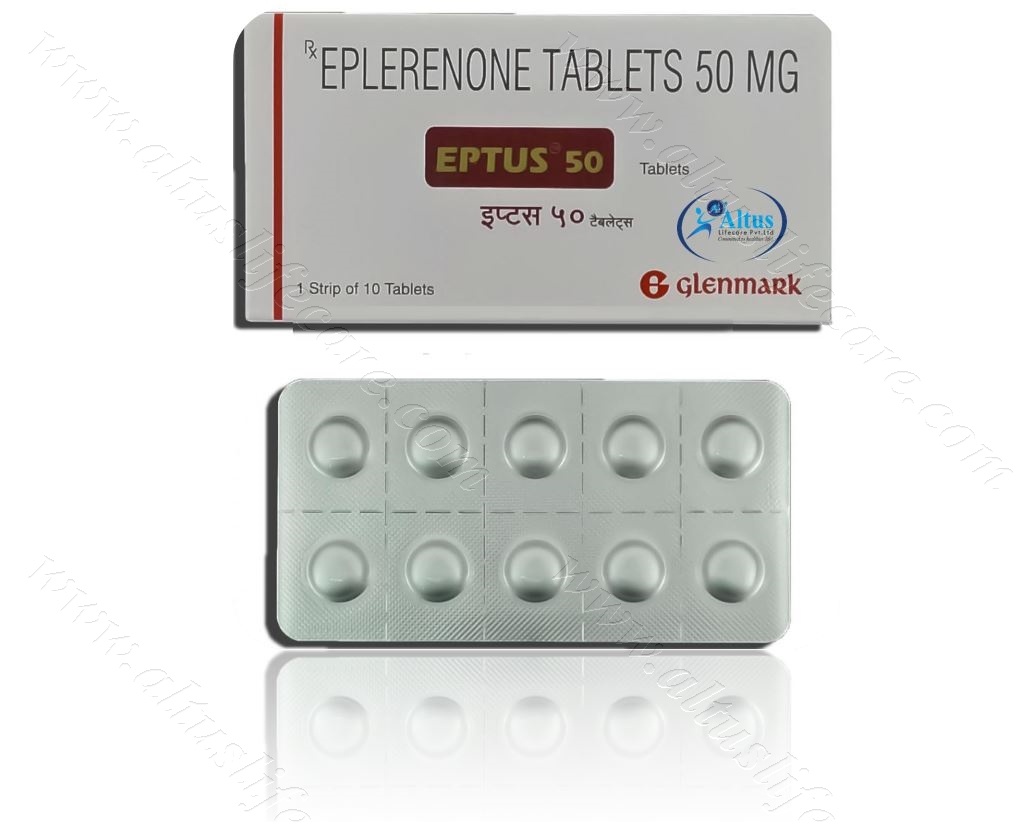

Pregnancy

Breast feeding

Driving

Kidney
Use of Eptus Tablet is not recommended in patients with severe kidney disease.

Liver
Use of Eptus Tablet is not recommended in patients with severe liver disease as the data available is limited.
WHAT IF YOU FORGET TO TAKE EPTUS TABLET?
| Pack Size | 50 Tablet/s, 100 Tablet/s, 200 Tablet/s, 300 Tablet/s, 500 Tablet/s |
|---|
1 review for Eptus 50 Tablet (Eplerenone 50mg)
Related products
Istavel 50mg Tablet (Sitagliptin 50mg)
From: $39.22Zyrik Tablet (Allopurinol 100mg / 300mg)
From: $28.57Buy Asklerol 3 Injection (Polidocanol 30mg)
From: $33.77Januvia 50mg Tablet (sitagliptin 50mg)
From: $63.90Istamet 50mg-500mg Tablet
From: $34.03Januvia 100mg Tablet (Sitagliptin 100mg)
From: $62.99People also bought
-

Benoquin 40 Cream | Monobenzone 40%
From: $154.77 -
 From: $38.38
From: $38.38 -
 From: $40.05
From: $40.05 -

Aziderm 10% Cream 15gm | Azelaic Acid 10%
From: $39.26
Our Services
Shipping
Shipping at Discounted Price
Money Returns
Return Within 30 Days
Secure Payment
Safe & Secure Payment
Support 24/7
Contact 24 Hours Day
From: $62.34
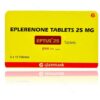
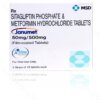
From: $110.00
- Anti-Cancer
- Armodafinil
- Bimatoprost
- Botulinum
- Dermal Fillers
- Hepatitis
- Mens-health
- Modafinil
- Naltrexone
- ANTI EMETIC
- Altus Product’s
- Anti Fungal
- Anti Malarial
- Anti Viral
- Antibiotics
- Asthma
- Beauty & Skin Care
- Cetaphil
- Chemical Peels
- Diabetes
- Hair Loss
- HCG Injections
- HIV Medicines
- Human Albumin
- Kidney / Liver Care
- Neuropathic Pain
- Pain Relief
- Pharmaceutical Products
- Pharmaceutical Vaccine
- Quit Smoking
- Thyroid Care
- Weight Loss
- Women’s Health

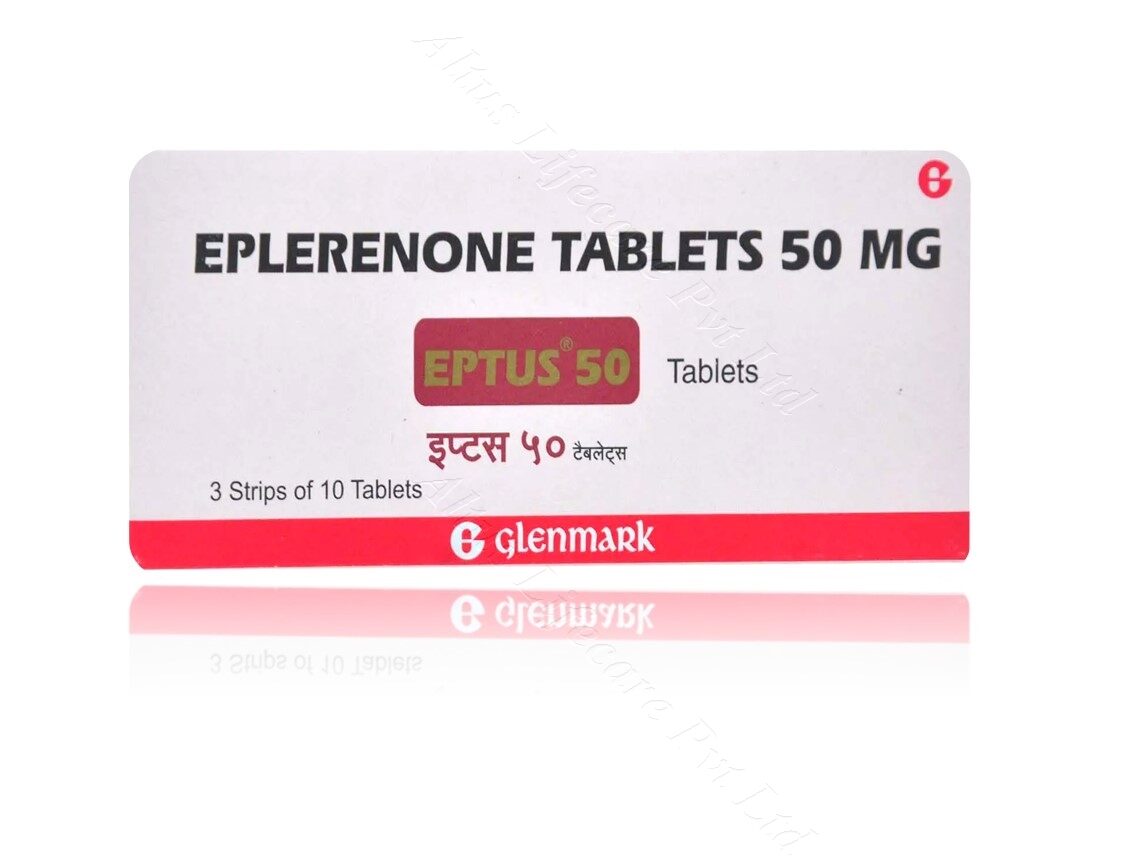
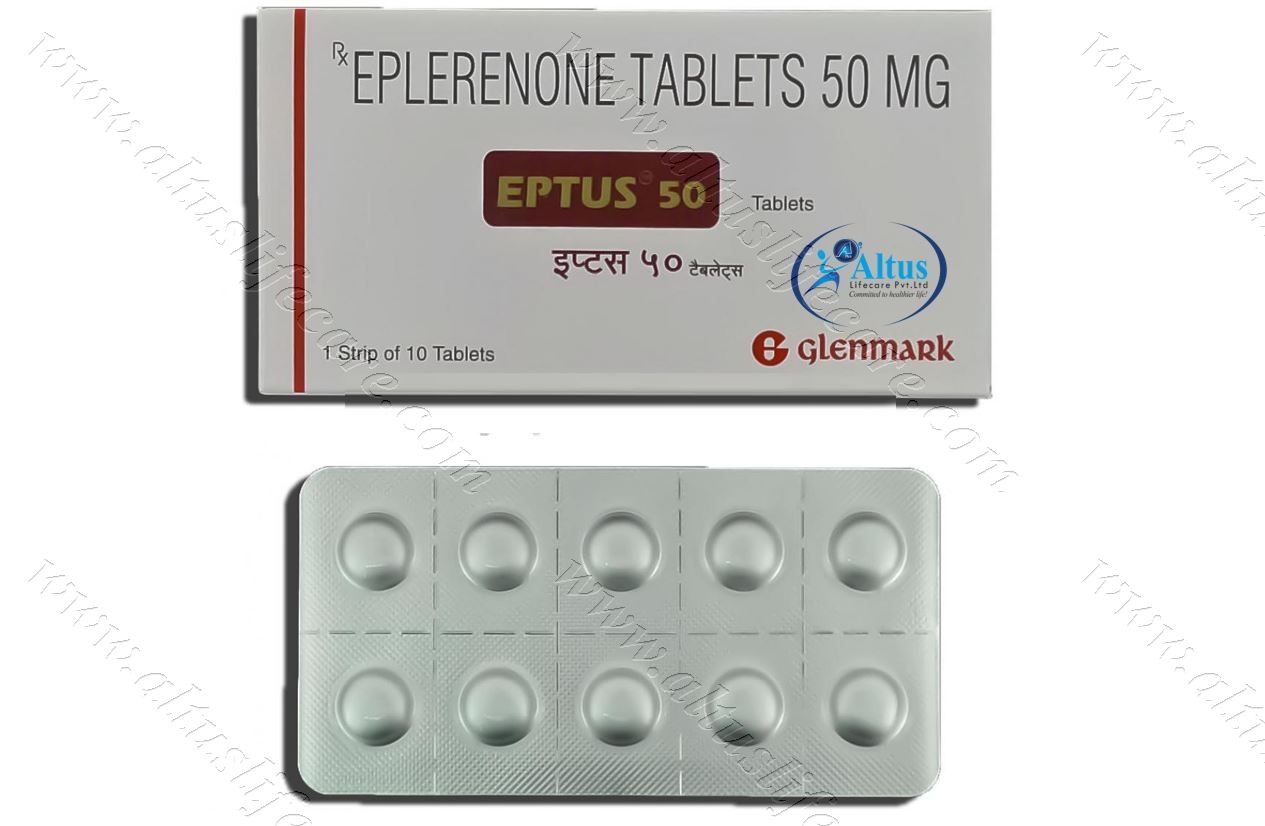
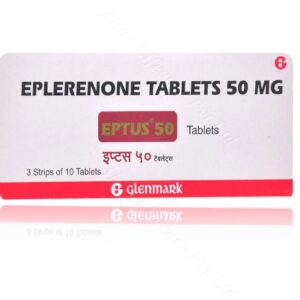
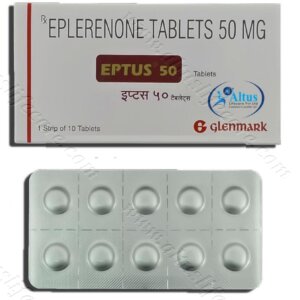
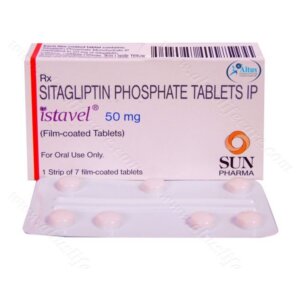
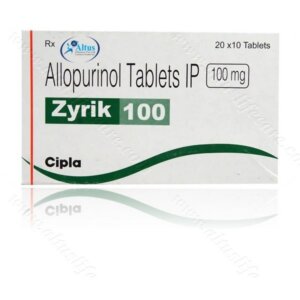
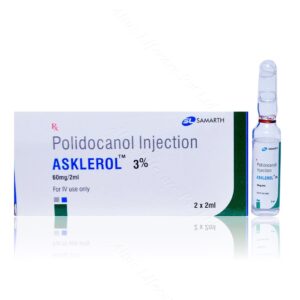
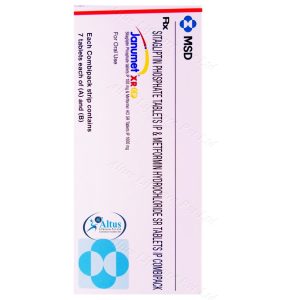
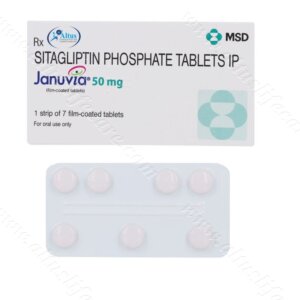
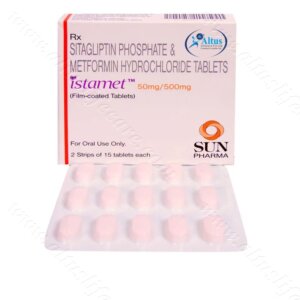
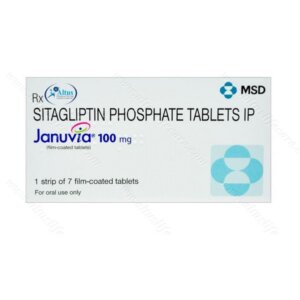


Nataly (verified owner) –
“The shipping was fast, and the product quality is exceptional!”